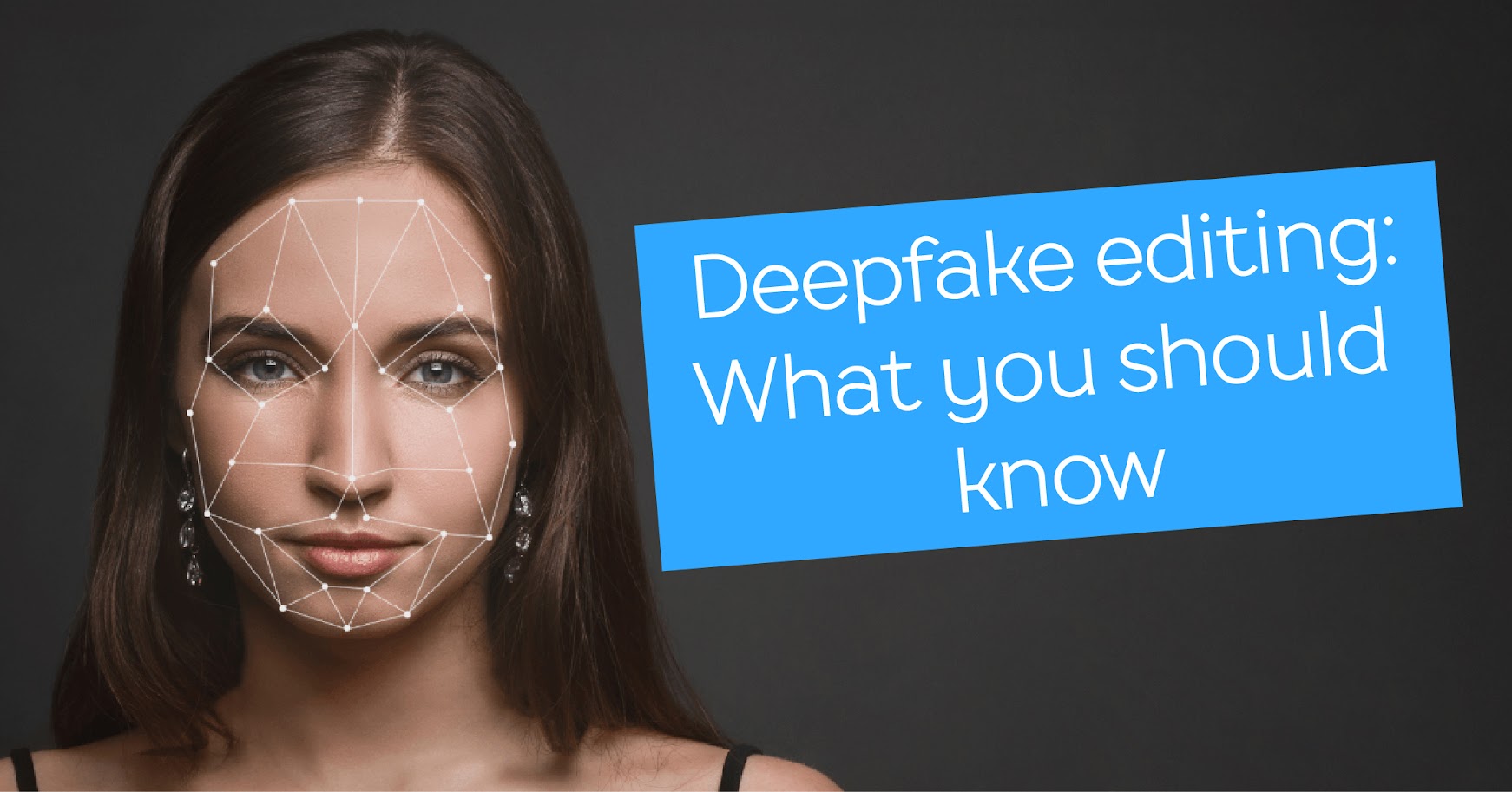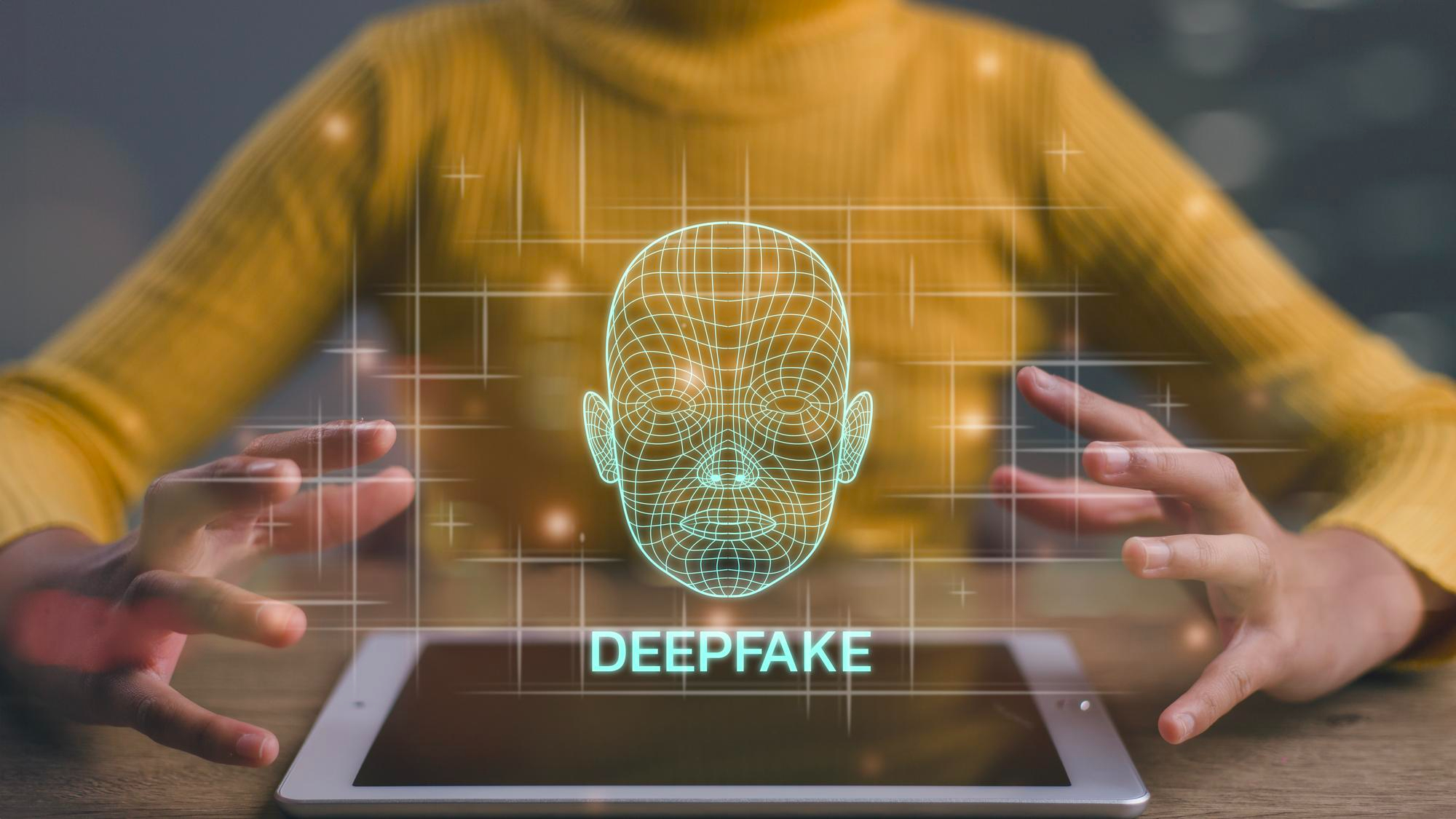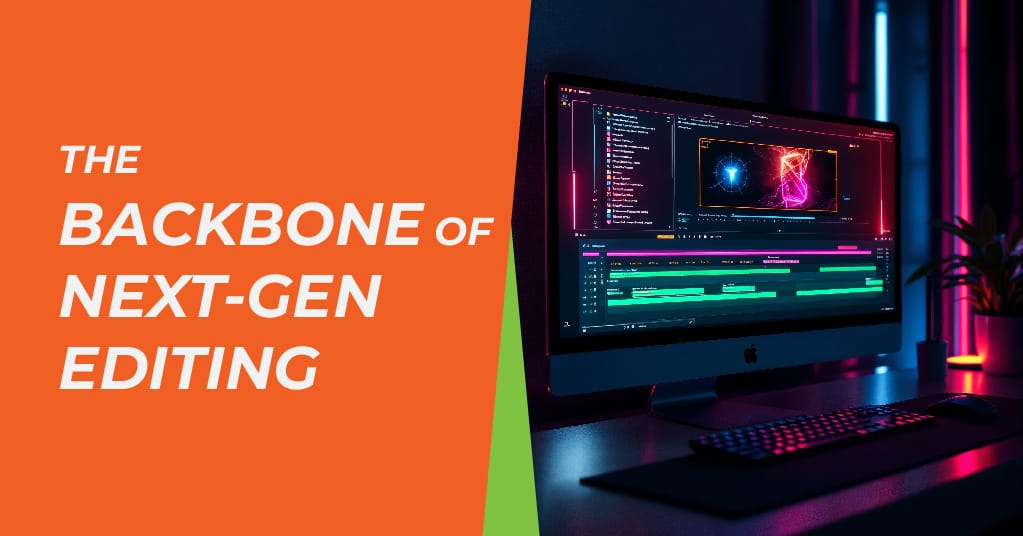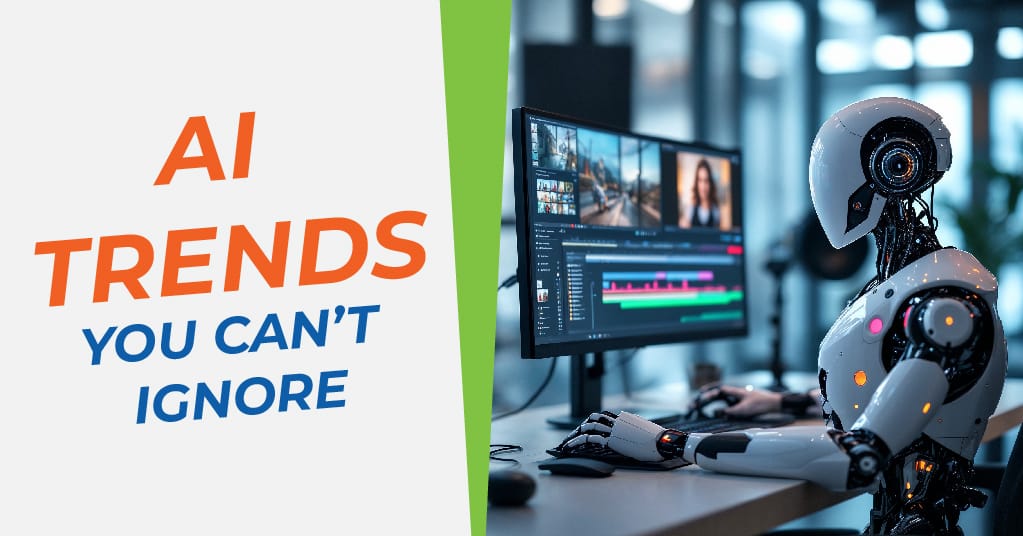
Challenges of deepfake in the modern video production
In the ever-evolving world of video production, deepfake technology has emerged as both a powerful tool and a source of concern. While its potential for creativity and innovation is undeniable, the ethical challenges surrounding deepfake editing are rapidly gaining attention. As the use of deepfake technology continues to rise, it is crucial for video editing professionals, particularly those learning the craft at video editing institutes, to understand these ethical dilemmas and how to navigate them responsibly.
What is Deepfake Technology?

Deepfake technology uses Artificial Intelligence (AI) and machine learning to create hyper-realistic but entirely fabricated videos. By manipulating existing video footage, deepfakes can superimpose faces, alter voices, and even create entirely new scenes. This technology has found its way into various industries, from film production to social media, but its most controversial application has been in the creation of misleading and harmful content. As such, video editors learning at a video editing training institute must grasp both the technical aspects and ethical responsibilities associated with its use.
Ethical Concerns in Video Editing

As deepfake technology becomes more accessible, it raises significant ethical concerns, especially for video editors and filmmakers. Here are some key challenges:
1. Misrepresentation and Misinformation
One of the most troubling aspects of deepfake technology is its ability to create content that misrepresents people and events. Deepfakes can be used to spread misinformation, manipulate public opinion, and damage reputations. This creates a dilemma for video editors, as they must balance creative freedom with responsibility to avoid misleading their audiences.
2. Privacy Violations
Deepfake technology can be used to superimpose someone’s face or voice without their consent. This raises serious concerns about privacy violations, as individuals could be depicted in videos without their knowledge, leading to potential harm to their personal lives and careers. Video editing courses should emphasize the importance of protecting privacy while leveraging new technologies.
3. Potential for Abuse
While deepfakes are often used for entertainment or educational purposes, they can also be misused for malicious activities, such as creating fake videos for political manipulation, revenge porn, or fraud. Video editing professionals must be vigilant in ensuring that their work does not contribute to these harmful uses.
The Role of Video Editing Professionals

For those training at video editing institutes, learning the technical aspects of deepfake technology is essential. However, equally important is understanding the ethical responsibilities that come with it. A strong emphasis on ethical decision-making in video editing training is crucial for future professionals to navigate the potential pitfalls of deepfake technology. By fostering awareness of these challenges, video editing institutes can help students make informed decisions and contribute positively to the industry.
The rise of deepfake technology presents both opportunities and ethical challenges in the video production industry. As video editors, it is vital to stay informed about the potential risks and responsibilities associated with this technology. By understanding the ethical implications of deepfake editing, professionals can ensure they use their skills for positive and responsible storytelling, creating content that respects privacy, truth, and integrity.
Reputed among the best video editing institutes in Hyderabad, Scintilla Digital Academy has 18 years of experience and a commitment to evolving with the latest industry trends. The video editing institute guides students in mastering cutting-edge technology; while ensuring they uphold the highest ethical standards in their creative career journey.
Download our brochure now to explore more details




